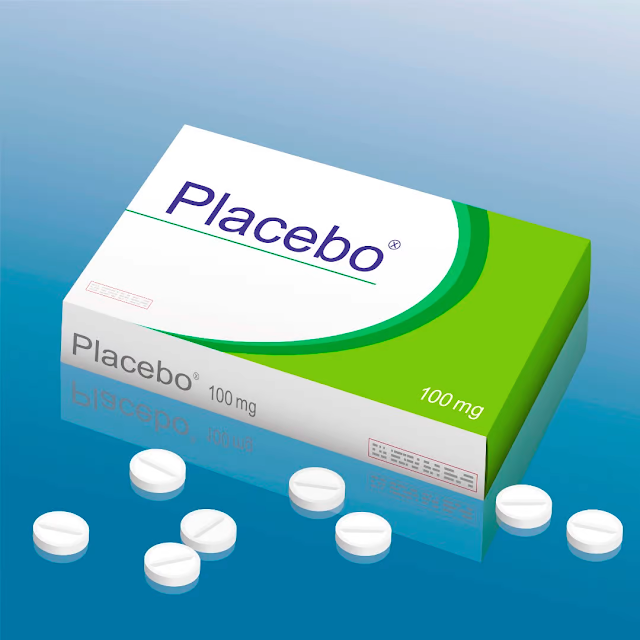A Cool Fact About Furry Friends
By Kim Marquardt, RN MSN
This blog post is from the Nurse Kim archives of myth busting. I want to share some "alternative" or maybe just lesser known health and wellness viewpoints for you to chew on.
*These posts are not intended as official medical advice.
They ARE meant to be fun, informative, and thought provoking, hopefully sparking an interest for you to do your own research (you can start with the links I provide!) and discover the marvels of the human body, and how it can function at its optimal performance level if we understand how it works and interacts with our environment and our diet.
I have a passion for health and wellness through lifestyle and nutrition and have done thousands of hours of research in addition to being a registered nurse for 23 years. I have done A LOT of self-experimentation in and around diet, lifestyle, body care, and supplementation and have spent a lot of time looking into the science behind it all (or lack thereof!). Check back weekly for the latest post!
-----
Do you know how furry and feathery animals get their vitamin
D?? Their skin secretes oils or waxes which coat the fur or feathers, sunlight
then interacts with the oil/wax and produces vitamin D, which is then ingested
by the animal or bird when it grooms itself.
How freaking amazing is that!!??
This is your daily, weekly, monthly, and yearly reminder to
go out daily and get 15-20 minutes of healthy sun exposure WITHOUT
sunscreen, WITH your skin exposed. If you have never heard that the sun is in fact
a longevity yielding gift from nature and NOT simply a cancer causing ball in
the sky that ages us faster please check out my
prior post.
Humans
How humans make and absorb Vitamin D is not quite as
fascinating as our furry friends but still pretty cool. Our skin contains a
steroid called 7-dehydrocholesterol (yes CHOLESTEROL)
that is broken down by the sun’s UVB light in a chemical reaction that creates
Vitamin D which then enters the blood stream and can be used in all sorts of
important bodily processes. In addition to helping the body absorb and retain
calcium and phosphorus for building bone, Vitamin D (which is actually a hormone,
not a Vitamin at all), prevents cancer cell growth, fights infections,
and reduces inflammation. So, some pretty important stuff.
But isn't sunlight bad?
Unfortunately, when we decided that sunlight was bad a
couple decades ago, the advice to douse oneself in chemical sunscreen and cover
every square inch of our skin when in the sun has resulted in epidemic levels of
Vitamin
D deficiency in Americans. A staggering 42% of adults, 50% of children aged
1-5, and 70% of children aged 6-11 have low vitamin D stores. This is a HUGE
problem.
Risk
We have a completely misguided sense of risk of skin cancer vs. benefits of sun exposure and I have had basal cell removed TWICE, so I do not take this lightly! As a quick aside, I religiously put sunscreen on my face my entire adult life, and guess where I got skin cancer? On my face! I guess I wasn’t going hard enough!
I hope you sense my sarcasm.
In fact… people regularly exposed to daily sun have a
LOWER risk
of getting melanoma and a higher survival rate if they do. Yeah.
Might share that one with your dermatologist.
Since it’s Monday, and I am still in mourning for the
weekend (during which I enjoyed LOTS of healthy sunlight!) I am going to wrap
this up and let you click on some of the links in the post for a deeper dive
into this fascinating topic.
For now, let’s take a page out of Smokey’s book (yes that is
my fearless, brilliant, exquisite cat at the top of the page sunning himself
and ingesting his Vitamin D like a good boy), who thank goodness doesn’t speak human
and therefore listen to mainstream blather about the horrors of sunlight. He happily
and healthily continues to partake in his instinctive, life-giving, and ancestrally consistent practices.
And so should you!
Until next week ya’ll!




Comments
Post a Comment